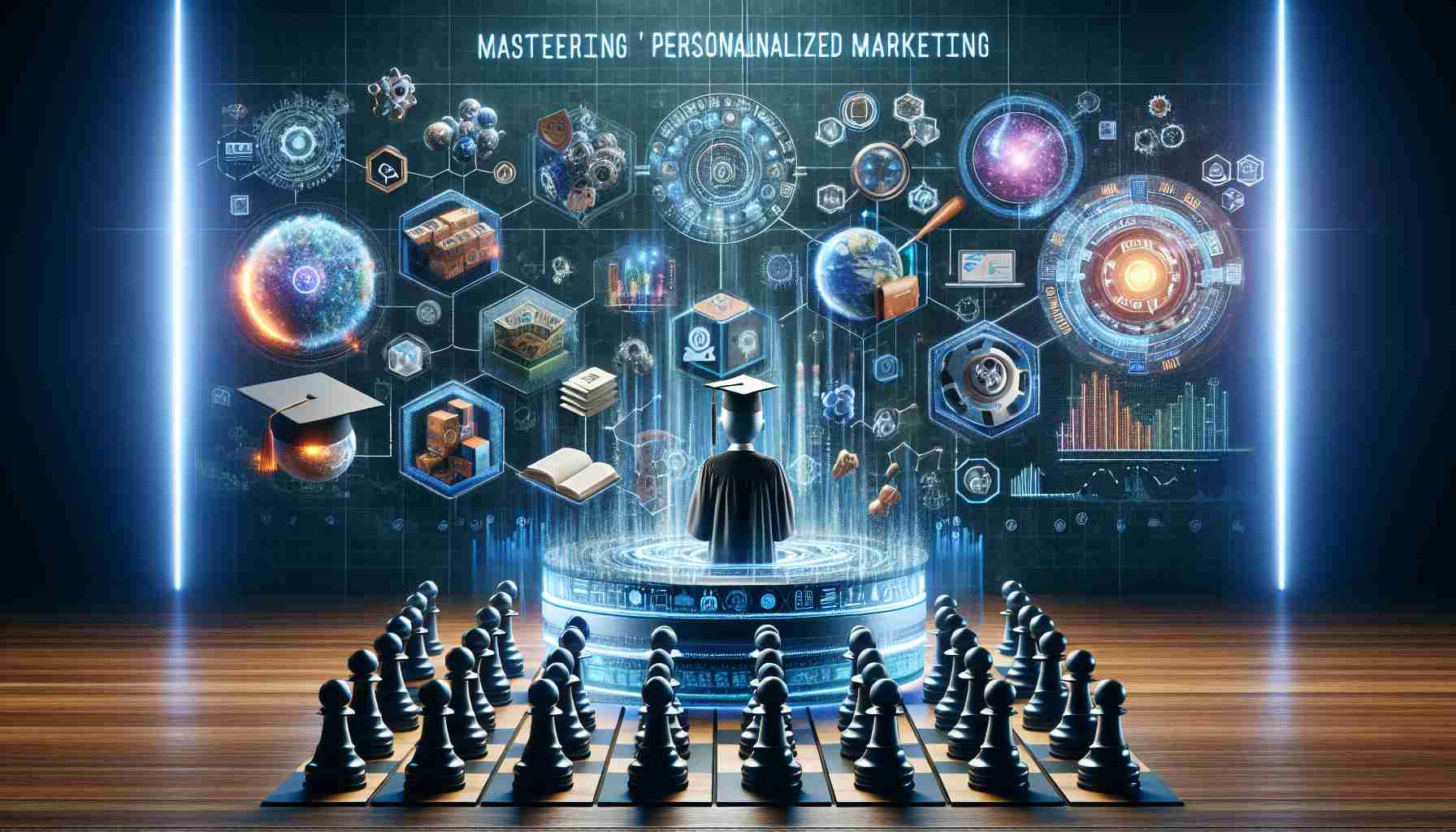In a recent gathering attended by elite marketing executives, Shai Ozon, CEO and founder of Abra, addressed a prevalent challenge in the marketing industry: how to create personalized messages that stand out in the information overload and competitiveness of today’s environment. The conference focused on the intersection of artificial intelligence (AI) and marketing strategies.
As businesses continuously strive to engage customers, the rise of AI technology poses both opportunities and difficulties. According to Ozon, the key to not letting consumers feel overwhelmed or lost amidst copious amounts of data is to harness the power of AI to craft targeted and individualized content. This level of personalization is crucial for companies that want to retain customer interest in a market where consumers are bombarded with generic advertising.
The insights provided at the conference emphasized the need for a delicate balance between utilizing AI capabilities for efficiency and maintaining the human touch that resonates with consumers on a personal level. Ozon’s vision for the future of marketing suggests a world where AI does not replace human creativity but instead augments it, enabling marketers to execute highly personalized campaigns at scale.
For businesses looking to remain competitive and captivating, embracing the tools and tactics discussed at the conference is a step towards successful and meaningful consumer engagement in the digital age.
Current Market Trends:
The integration of AI in marketing is rapidly evolving, altering how companies interact with consumers. AI is now instrumental in analyzing vast datasets to identify customer behavior patterns and preferences. This analysis enables businesses to deliver more relevant marketing messages, often in real-time. With the rise of social media and e-commerce platforms, personalized recommendation engines powered by AI have become commonplace, greatly influencing consumer purchasing decisions.
Customer Relationship Management (CRM) systems have also been revolutionized by AI, providing marketers with predictive analytics to forecast customer needs and manage relationships more effectively. Chatbots and virtual assistants are becoming ubiquitous as a means to engage customers with immediate and personalized service.
Forecasts:
Personalized marketing is expected to get even more refined with advancements in AI technologies. For instance, natural language processing (NLP) and machine learning will likely enable even more sophisticated understanding of consumer sentiment and conversation nuances. AI in marketing is expected to become more anticipatory, not just reactive, offering predictive recommendations and strategies based on real-time data and future trends. As a result, there is a predicted increase in AI-driven content creation, where AI will help create personalized content, making each customer’s experience unique.
Key Challenges or Controversies:
Personalized marketing powered by AI does raise privacy concerns among consumers. Data breaches and the misuse of personal information are ongoing concerns that need to be carefully managed. The ethical use of AI in marketing is another debate, focusing on the transparency of AI-driven decisions and whether consumers are being manipulated by highly personalized marketing tactics.
Additionally, there is a risk that over-reliance on AI could lead to a loss of the authentic human touch that is critical in building consumer trust. The challenge is to find the optimum mix of human creativity and AI’s analytical power.
Most Important Questions:
1. How can AI be leveraged to enhance customer personalization without infringing on privacy?
2. In what ways can companies ensure the ethical use of customer data in AI-driven marketing?
3. What strategies can be adopted to maintain a human touch in marketing campaigns enhanced by AI?
Advantages of AI in Personalized Marketing:
– Scalability: AI can analyze and segment audiences on a scale that is unattainable for humans alone.
– Efficiency: By automating routine tasks, AI allows marketers to spend more time on creative strategy and design.
– Real-Time Insights: AI’s ability to process data in real-time leads to more timely and relevant marketing tactics.
– Customer Experience: Personalized interactions tailored to individual preferences enhance customer satisfaction and loyalty.
Disadvantages of AI in Personalized Marketing:
– Data Privacy: Collection and analysis of personal data might lead to privacy issues if not managed responsibly.
– Overdependence: Excessive reliance on AI can stifle human creativity and reduce the emotional connection brands can build with customers.
– Job displacement: The increasing use of AI could lead to displacement of jobs in marketing departments, sparking ethical and economic debates.
For further insights into the rapidly evolving field of marketing in the digital age, you can visit the following reputable sources:
– Forrester for market research on the impact of technology on businesses and consumers.
– Gartner for insights and forecasts on technology’s role in marketing and commerce.
– AdWeek for news and analysis on marketing trends and strategies.
The source of the article is from the blog mivalle.net.ar

